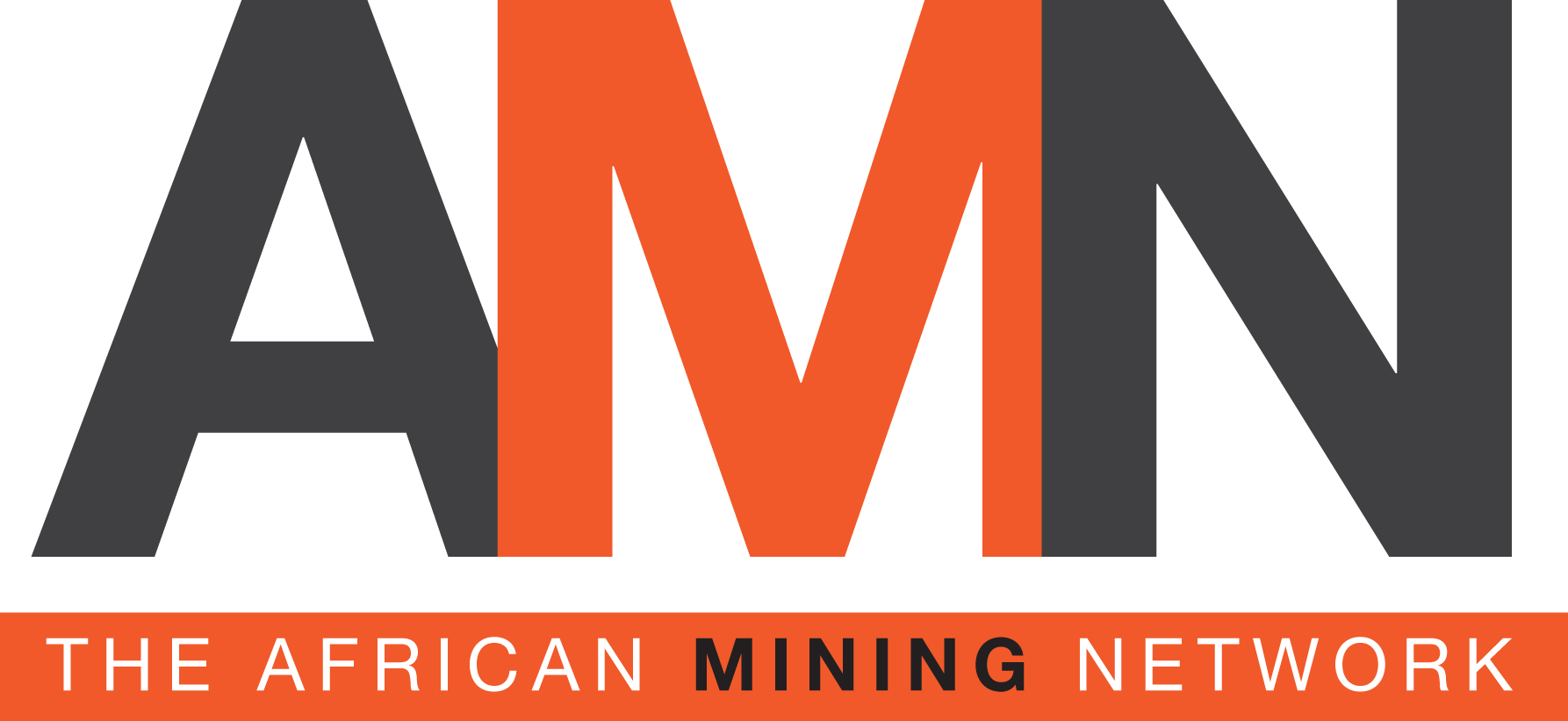- Yolanda Torrisi
- +61 412 261 870
- yolanda@yolandatorrisi.com
- Nina van Wyk
- +27 82 926 3882
- nina@africanminingnetwork.com
![]()
Efficient project ownership regulation is one way governments can bring certainty to the mining industry and attract much-needed investment dollars for conventional projects. In the Democratic Republic of the Congo, progress is being made on the formalisation front but there is still a way to go to make key players truly accountable.
In the DRC’s mining industry, corporate structures are being clarified and the ultimate owners are being identified to bring the industry into a more formal operating environment.
The disclosure push has the capacity to increase the amount of money from mining that will go into government coffers and reduce the funnelling of funds towards criminal activities such as drug trafficking and unauthorised logging.
A global standard being adopted by the government, the Extractive Industries Transparency Initiative (EITI), has highlighted gains made in the DRC, however, more progress is necessary.
EITI figures operating in the DRC have flagged that better results are needed in the jurisdiction encouragingly in the process of opening up its cobalt reserves to development.
Initiative chairwoman Helen Clark has acknowledged “progress has been made” in what she views as a complex environment.
The chair, however, believes there is more work to be done. Clark says, “I would urge the government of the DRC to carefully consider … the next steps it can take to continue its journey towards transparency.”
Like other mining sector observers, the EITI and its board hopes corporate ownership clarifications in the DRC will set the country on a path away from what some people have called the “clutches” of beneficial ownership.
The country’s mines and finance industries are encouragingly taking real steps towards routinely disclosing their data. But other agencies also need to join in and also share their information with those arms of government that have an oversight role.
As an industry, we stand to benefit from the DRC’s move away from mining industry players that take a cut from mining to fund illicit activities.
By encouraging transparency, data-sharing and data-matching at the government level in the DRC, politicians and regulators have a chance to improve accountability in the Congo for the benefit of industry and the community.
This transparency could encourage investment in the kinds of projects we want to see in the DRC, ones that can deliver long-term value for the formal industry and its beneficiary, the community.
Accountability should be the goal. Accountability that calls an end to corruption and results in key figures stepping back from mining projects, would be even better.
EITI’s board has given the DRC and its new government just 18 months to take 13 corrective actions in the jurisdiction.
Let’s hope the country and its regulators make real progress in that time, so all parties can keep things moving and advance top projects in the Congo.
- Yolanda Torrisi is Chairperson of The African Mining Network and comments on African mining issues and the growing global interest in the continent. Contact: yolanda@yolandatorrisi.com

